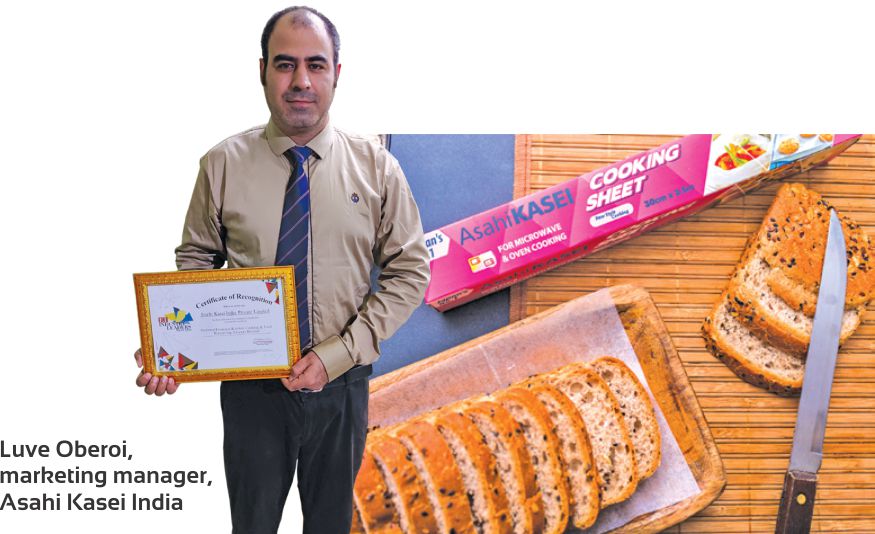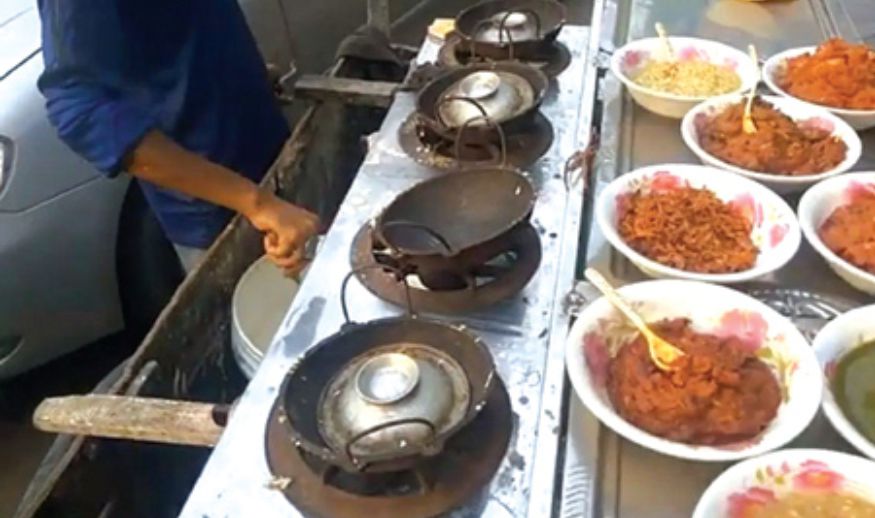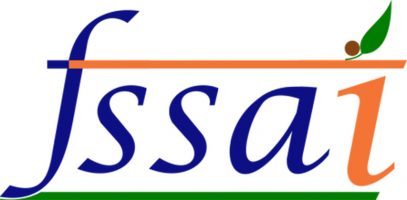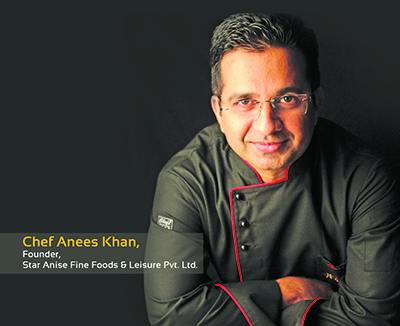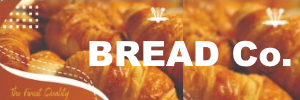Confectionery-maker Parle Products will soon pull the production plug off its 50-paise retailed candies including Kismi Toffee, Orange Bite, London Derry, and Mango Bite, the company said.
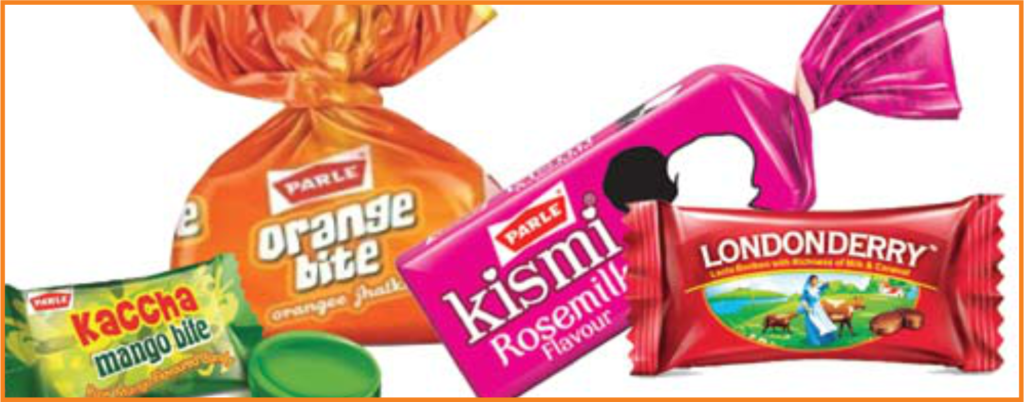
The Kismi Toffeemaker is unable to sustain the wafer-thin margins earned on lowpriced candies. Parle has already launched a Rs. 1 variant of its 50-paise candies. The new flavors launched in Kismi Toffee, including Kulfi, Rose Milk, and Meetha Pan, retail only in the Rs. 1 variant.
The company has also increased the unit size to 3.9 grams from 2 grams, customers used to get for 25 paise. In the last two years Parle has consciously shifted its focus to the Rs. 1 product. No new launches will be for 50 paise.
Till about six years ago, Orange Bite and Kismi Toffee used to retail for 25 paise. But then the company had to discontinue it and move the price point from 25 paise to 50 paise.
This is not the first time when a company has tried to hike the prices of its existing confectionery variant. Companies including Perfetti Van Melle India (PVMI), the maker of Happydent chewing gum and Alpenliebe candy, and 5 Star-manufacturer Mondelez India, discontinued their 50 paise candies.
Mondelez India’s local arm re-launched Halls at Rs. 1, which used to retail for 50 paise. But all these companies failed to gain any significant market share as consumers refused to trade up.
Parle, which decided to discontinue its 25- paise candies, did not completely pull it off the market in one go. They phased the products out, as customers got used to the new, 50-paise, price point. It is because when a certain priced product is discontinued, the customer feels that till yesterday he was getting 100 candies for 50 rupees, today he is getting 50 candies for Rs. 50. And they stop buying that product, according to industry watchers. Therefore, once the Rs. 1 segment catches up with the sales of 50-paise segment, the company will “pull the mat” and discontinue the segment. The company will also offer better margins to retailers for theRs. 1 candies as the brands are in nascent stages and need to grow.
Parle is also in a relaunch mode. Last year, it elaunched fruit jelly brand Mazelo, and re-branded its fruit-roll brand Poppins to Poppins Mazelo. The company will soon be relaunching Rola-Cola, which was discontinued in 2006. The cola-flavored roll candy will be launched by early June, this year, for Rs. 5 a pack, which initially used to retail for Rs. 2 before being discontinued. Parle expects Rola-Cola “to become a rage” getting Rs. 100 crore, in terms of value, by the end of 2019.
Confectionery contributes about 15 per cent of Parle’s total business, out of which 60 per cent business comes from sales of 50-paise candies. This segment has a mass appeal in the general trade market and in tier-2 and tier-3 towns, and rural regions.
The Indian confectionery segment is a Rs. 304.5-billion market, pegged to grow by 12.1 per cent between 2018 and 2023, according to data from Euromonitor International, a market research provider. Mondelez International Inc.’s domestic arm is currently the segment leader, followed by Nestle SA.



